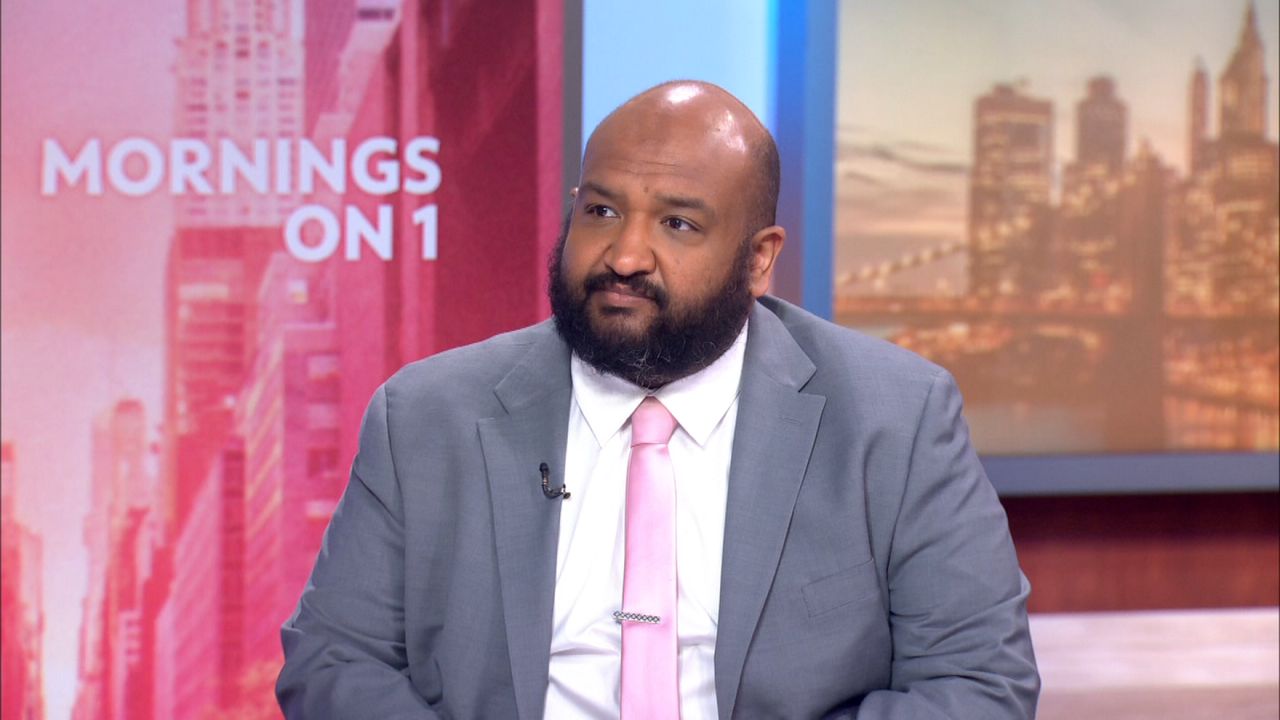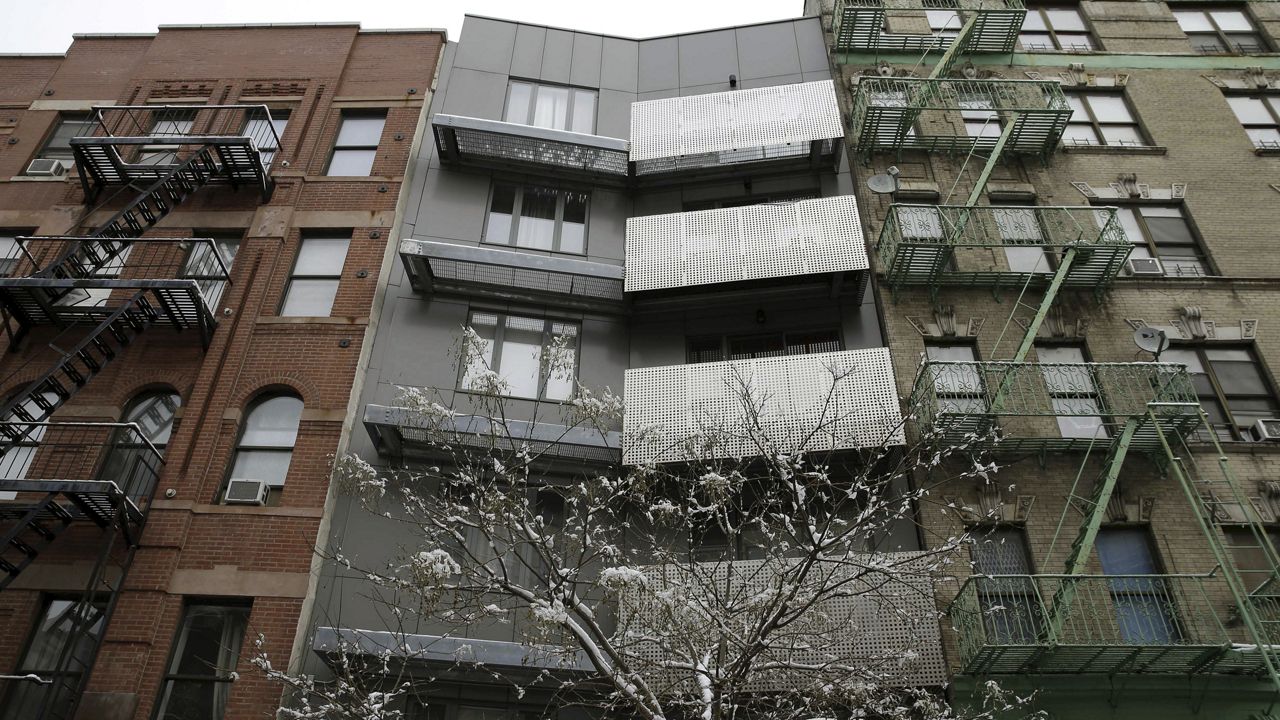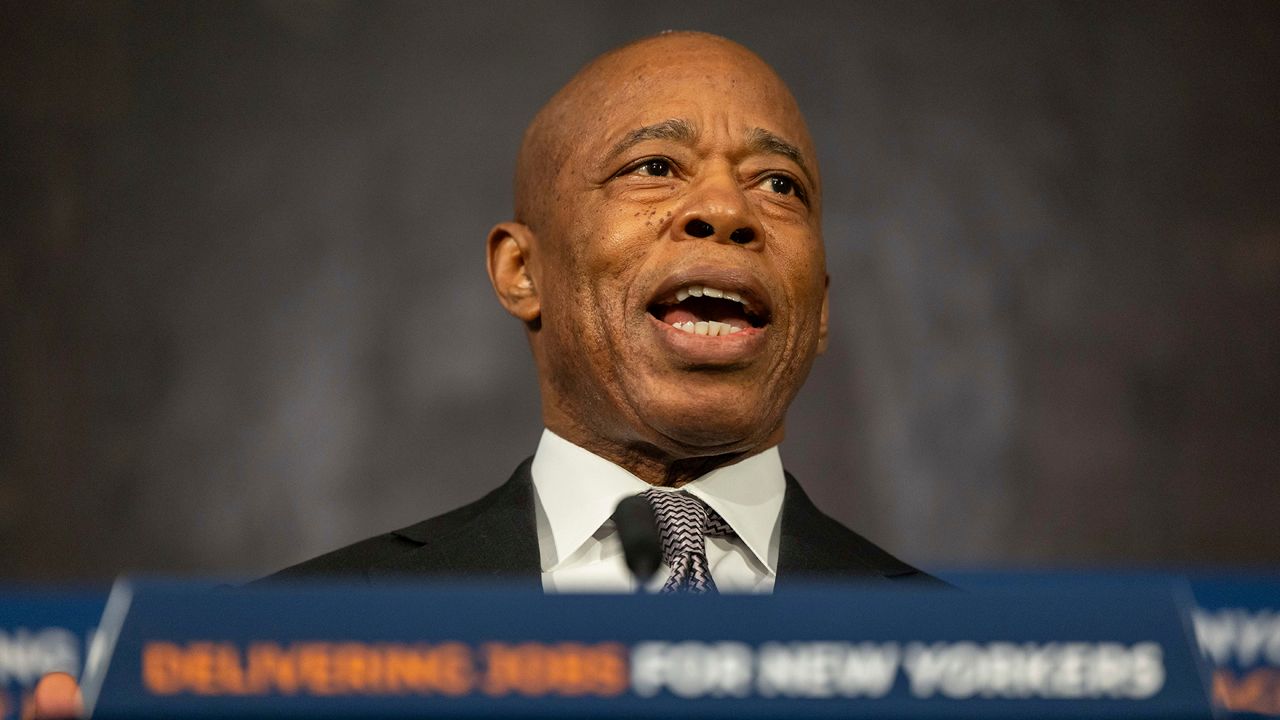New York City saw an average upfront cost of nearly $13,000 for rental apartments with brokers’ fees in the first nine months of the year, according to an analysis from StreetEasy.
The average from January to September — $12,951 — represents the highest average recorded in the five boroughs since at least 2010, when the real estate search engine company says it began tracking that data.
What You Need To Know
- The city saw an average upfront cost of $12,951 for rental apartments with brokers’ fees from January to September, according to an analysis from StreetEasy
- The figure represents the highest average recorded in the five boroughs since at least 2010, when StreetEasy says it began tracking that data
- Along with brokers’ fees, upfront cost includes first month’s rent and a security deposit, StreetEasy said. In 2023, the average stood at $10,454
Along with brokers’ fees, upfront cost includes first month’s rent and a security deposit, StreetEasy said. In 2023, the average upfront cost for a rental in the city stood at $10,454, according to the company.
In a report published this past February, StreetEasy economist Kenny Lee wrote that rising upfront costs create a “lock-in effect” for many renters, binding them to their current apartments despite wanting or needing to move elsewhere.
A survey conducted by StreetEasy found that 76% of recent renters agreed that brokers’ fees are “a barrier to finding a rental,” with 60% saying those fees prevent them from moving.
Lee in February wrote that about half of rental listings on the market in 2023 did not have brokers’ fees, and that New Yorkers who did pay the fees “likely spent 42.9% more in upfront expenses, on average, than those who secured a no-fee apartment.”
StreetEasy’s survey found that 81% of recent renters believe that landlords should front the bill for brokers’ fees, not renters.
The data comes as the City Council prepares to vote on the Fairness in Apartment Rentals Act — or the FARE Act — which would require landlords to pay brokers directly, unless the prospective tenant hires a broker independently.
The FARE Act has 33 sponsors — seven more than the majority needed to pass in the 51-member Legislature.








_PKG_Hudson_Yards_Zoning_Hearing_CG)

_PKG_LONG_ACS_NYCHA_PROBLEMS_CG)